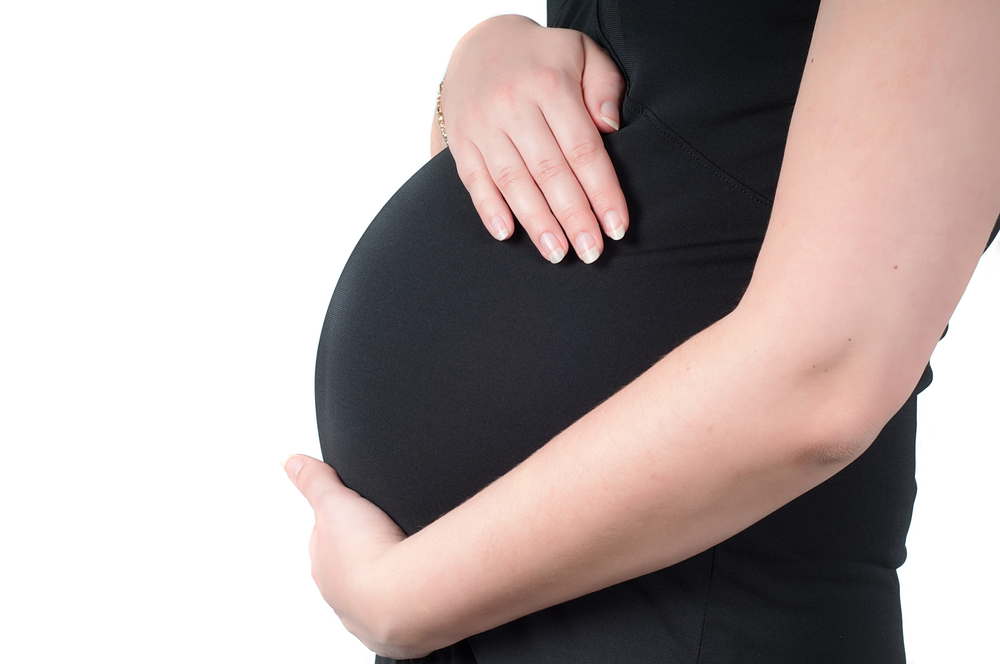Obesity remains a major public health concern in the United States, where most of the complications due to obesity (including heart attacks, strokes, diabetes, cancer and hypertension) are eventually fatal. Another issue which has been brought to light for the first time is maternal obesity having a negative impact on the immune system of the infant.
Around 60% of women of childbearing age are obese and pose a threat of developing gestational diabetes, preeclampsia, preterm birth or a baby born with birth defects. The damage caused to the immune system of these newborns with obese mothers was recently analyzed in a study carried out by a research team led by Ilhem Messaoudi of the University of California, Riverside.
The report, which will be published in the journal Pediatric Allergy and Immunology, included 39 mothers of mixed ethnicity, 11 lean and 14 overweight or obese, and the analysis included testing the umbilical cord blood of their newborns in order to study their immune cell population. The Body-Mass Index (BMI) was used as a measure to assess whether these women were obese or not, a value between 18.5 and 24.9 being considered as normal and any value over 25 till 29.9 categorized as overweight. A BMI of over 30 indicates obesity. These mothers had no history of smoking or diabetes, and delivered one baby each without any complications during the gestational period.
The results showed a considerable reduction in the immune cell count of the babies born to obese mothers in comparison to lean mothers. An overall reduction in the number of monocytes, dendritic cells, CD4+ T cells and eosinophills, all of which are pivotal to the body’s defense against pathogens, was observed and this led to compromised immune systems in the neonates.
According to Dr. Messaoudi, an associate professor of biomedical sciences in the School of Medicine at UC Riverside,” A number of studies have linked maternal obesity — starting pregnancy with excess weight and gaining a lot of weight during pregnancy — to a higher incidence of cardiovascular disease and asthma in children. Our study offers potential links between changes in the offspring’s immune system and the increased susceptibility and incidence of these diseases later in life.”
Messaoudi further added, “We found that very specific immune cells in circulation — monocytes and dendritic cells -isolated from babies born to moms with high BMI were unable to respond to bacterial antigens compared to babies born to lean moms. Such babies also showed a reduction in ‘CD4 T-cells.’ Both of these changes could result in compromised responses to infection and vaccination. This could change how we respond to vaccination and how we respond to asthma-inducing environmental antigens,” Messaoudi said. “As we know, in the first two years of life, children typically receive plenty of vaccines. The questions that arise are: Are the responses to vaccines in infants born to obese moms also impaired in the first two years of life? Should we change how often we vaccinate children born to obese moms? Should we change practices of how much and how often we vaccinate?”
This study is the first one of its kind to link obesity to immunocompromise in neonates. An important fact pointed out in this case study is that the health of a baby may begin to be judged in terms of the developing immune system at birth.
“If you are thinking of becoming or are already pregnant, talk to your ob-gyn about weight management, weight gain and the ideal targets for weight gain,” Messaoudi said. “When moms come in for prenatal visits, doctors tell them about smoking, recreational drug use, and alcohol. But they should be talking also about weight and weight management. Obesity has serious repercussions for maternal health. It is associated with low fertility and success with pregnancy. Rates of gestational diabetes, preeclampsia, placental abruption — all of these risks increase dramatically with weight gain and obesity. So it is important to talk to your doctor about ideal weight entering into pregnancy and throughout pregnancy.”


